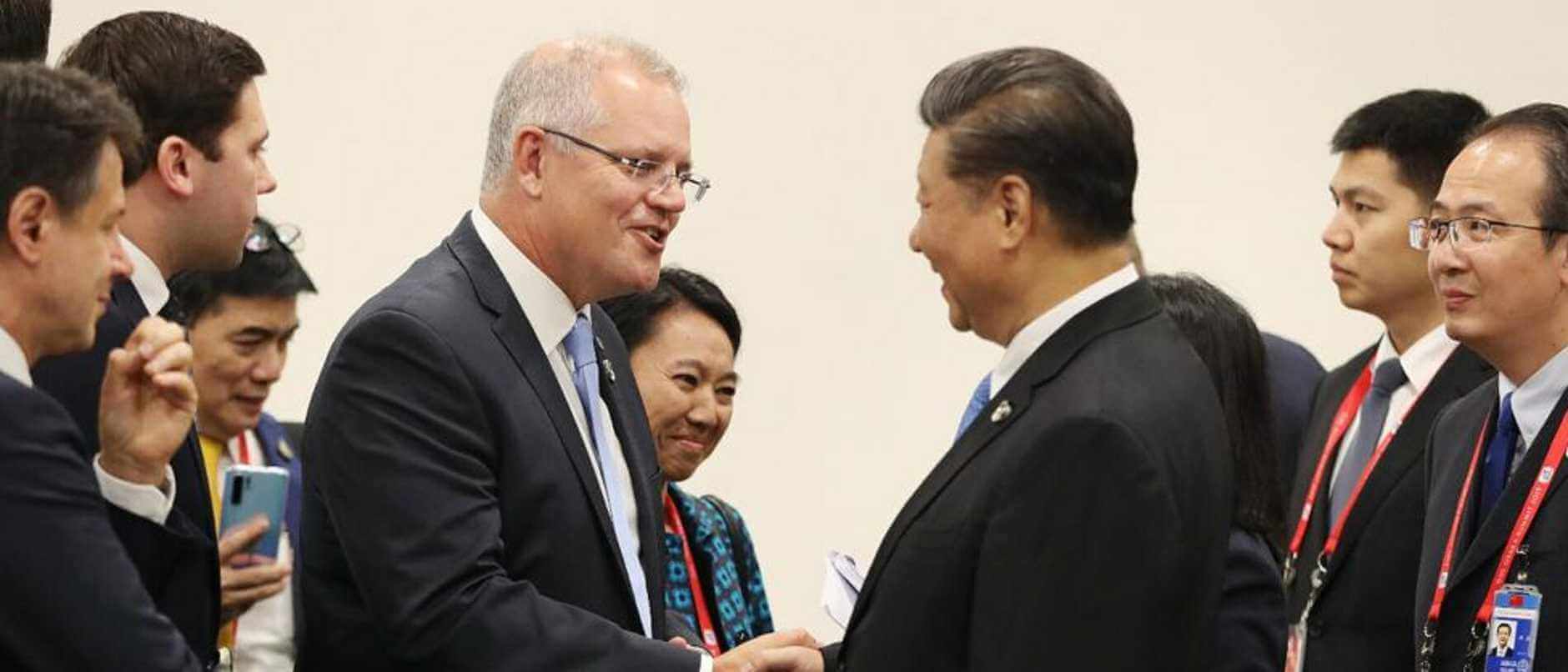Last week, China’s Ministry of Commerce (MOFCOM) announced tariffs of up to 80% on Australian barley producers for dumping. At the time, it appeared that China’s actions were in retaliation to Australia’s calls for a global investigation into the origins and spread of the coronavirus. However, this week, China signed a resolution asking for an independent review of the World Health Organization’s (WHO) response to the coronavirus pandemic, alongside close to 140 other member-states, including Australia.
In fact, China’s anti-dumping investigation had been running for 18 months, and looks into Australian grain imports since 2010. Furthermore, China’s gripes are largely centered around Australian farmers producing barley at a lower than the “normal” market value between 2014 and 2016 and again between 2018 and 2019, well before the ongoing crisis. MOFCOM argues that Australia unfairly subsidizes its farmers and that it engages in dumping. The Chinese ministry’s subsidy claims originate from Australia’s fuel rebate and drought support measures.
Australian barley exports to China were worth $1.5 billion in 2018, but fell to $600 million in 2019 due to a period of drought. China initiated an anti-dumping investigation into Australian barley exports in November 2018, putting the matter in front of the World Trade Organization (WTO).
Thus, China announced two separate tariffs of 73.6% and 6.9% on Australian barley exports. This would cripple Australia’s barley industry, with Australia exporting between $980 million to $1.3 billion worth of product to China per year. In fact, China alone accounts for 60-70% of Australian barley exports. Some argue that the motivation behind these tariffs is guided by Australian duties on Chinese steel and aluminium imports. While Australia can contest China’s barley tariffs with the WTO, and is likely to win the case, the tariff is set to run for five years, by which time the damage to farmers’ incomes will already be irreversible.
In light of this, while China’s tariffs may not be entirely related to Australia’s anti-China rhetoric during the COVID-19 crisis, it is clear that Australia may be coerced into making concessions–economic and otherwise–in order to avoid severely handicapping its heavily China-reliant economy.
This is corroborated by the fact Australian Minister for Foreign Affairs Marise Payne’s claims that China is using “coercion” tactics to get PM Scott Morrison’s government to rescind its calls for an international investigation into the origins and spread of the coronavirus and into China’s culpability and complicity.
Further, China’s Ambassador to Australia, Cheng Jingye, has said that Australia’s call for a global inquiry is “dangerous”, “politically motivated”, and that it will fail as it will not gather sufficient support among world leaders. He also warned that it could lead to a Chinese boycott in terms of students, tourism, and exports, a threat that China now appears to be making true on.
Accordingly, it is telling that Agriculture Minister David Littleproud said that Australia will not retaliate against China’s tariffs as a “trade war benefits nobody”. The Australian government is growing increasingly cognizant of the fact that China will not shy away from making true on its threats.
This week, Trade Minister Simon Birmingham urged China to clarify whether it is preparing to release a “hit list” of Australian exports after Chinese state media outlet The Global Times referred to Australia as a “giant kangaroo that serves as a dog of the US” and took aim at Marise Payne, PM Scott Morrison, and Minister for Home Affairs Peter Dutton. Furthermore, a Bloomberg report suggests that China is considering stricter quality checks, anti-dumping probes, tariffs, and customs delays on a host of other Australian imports, including wine, dairy, seafood, oatmeal, and fruit.
Ultimately, Australia may be coerced into rescinding some of its calls for transparency and accountability from China.
China Considering Additional Tariffs On Australian Exports
A Bloomberg report claims that China is considering tariffs on Australian wine and dairy.
May 20, 2020

IMAGE SOURCE: ADAM TAYLOR / PMOAustralian PM Scott Morrison (L) and Chinese President Xi Jinping
